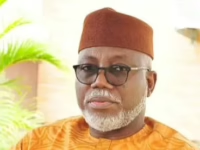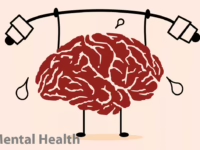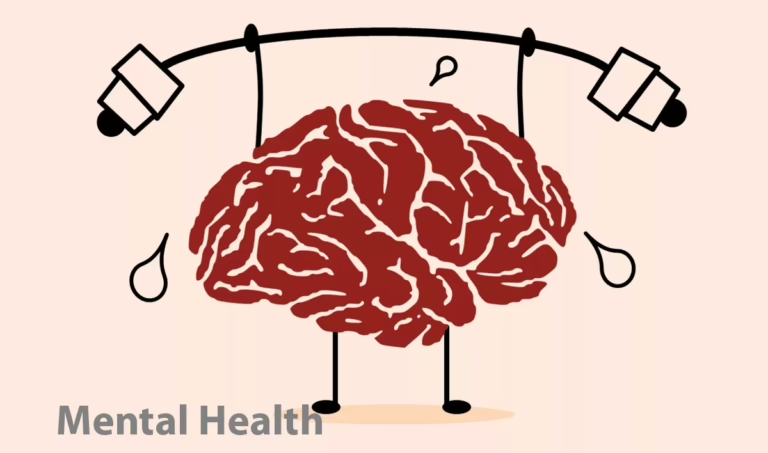Dr. Vincent Udenzi, a consultant psychiatrist, lamented the failure to implement the Mental Health Act nearly four years after its enactment, attributing the delay primarily to the absence of allocated funding for the commission.
Speaking at The Conversation Conference 4.0 in Abuja, themed “Mental Health as a Cross-Cutting Priority for Adolescent Health, Maternal Well-being, and Response to GBV,” he highlighted the growing awareness of mental health issues but stressed that the nation still falls short in addressing them adequately.
“It’s remarkable that President Buhari signed the Mental Health Act into law, yet we remain unable to activate it due to a lack of budgetary provisions for the commission. While the law exists on paper, its practical application remains minimal,” Udenzi remarked.
As the MD/CEO of Intersect Consortium, Udenzi also pointed out the severe shortage of mental health professionals in the country, despite widespread psychological trauma affecting communities nationwide.
“Our country faces a critical deficit of psychiatrists and psychologists, even as trauma permeates every corner. Imagine a young girl witnessing the murder of her parents and then suffering sexual violence herself,” he explained.
“Such complex trauma is prevalent, especially in the North East, where distress, poverty, and insecurity prevent many from maintaining livelihoods. Mental health specialists are scarce in these regions, yet the need for care is urgent.”
He advocated for initiating dialogues with academic institutions to develop specialized diploma programs focused on trauma care, emphasizing the importance of equipping more professionals to handle these intricate cases.
“Perhaps it’s time to engage universities in offering short-term, intensive training-say five to six months-so practitioners can earn diplomas in complex trauma intervention. We often provide care, but we must ask ourselves if it truly makes a lasting impact,” Udenzi suggested.
He further noted that numerous international organizations have successfully empowered local communities by training individuals to deliver effective mental health interventions.
“When addressing maternal health, adolescent well-being, and gender-based violence, our priority must be creating meaningful change for those affected. Government support alone cannot deliver justice if the mental health needs of trauma survivors are neglected,” he added.
“This dialogue is crucial-not only for our personal growth but for the well-being of families, communities, and society at large,” Udenzi concluded.
Earlier in the event, Senator Ipalibo Harry Bamigboye, chairperson of the Senate Committee on Health and president of the conference, underscored the systemic obstacles facing mental health as a fundamental component of national healthcare.
She identified key issues such as weak enforcement of mental health policies, a shortage of trained mental health professionals, and the alarming rise in teenage suicides, which often result from untreated mental illnesses.
“Many mental health conditions remain criminalized, pushing vulnerable individuals into hiding rather than helping them receive care,” she explained.
Senator Bamigboye also highlighted the critical gaps in data collection, monitoring, evaluation, and accountability mechanisms within the mental health system, calling for urgent reforms to strengthen these areas.





















